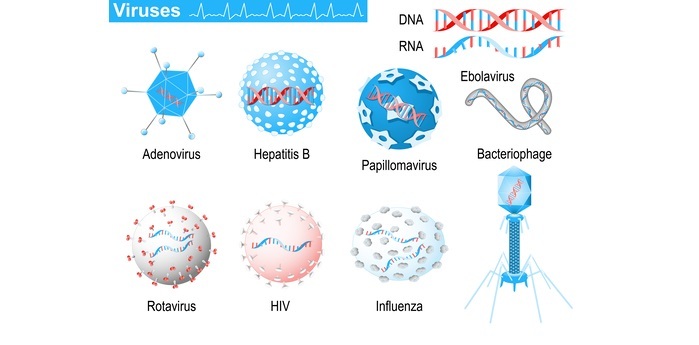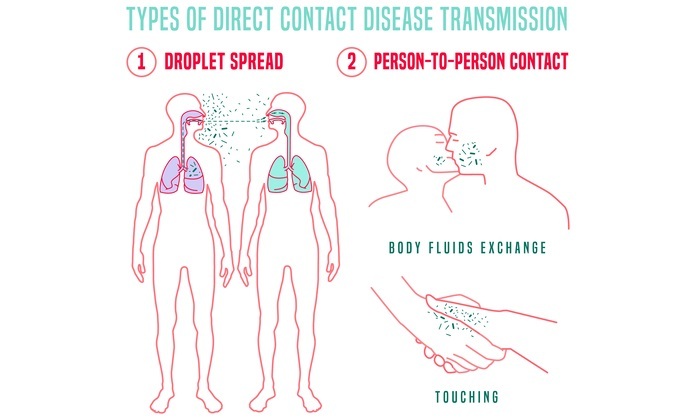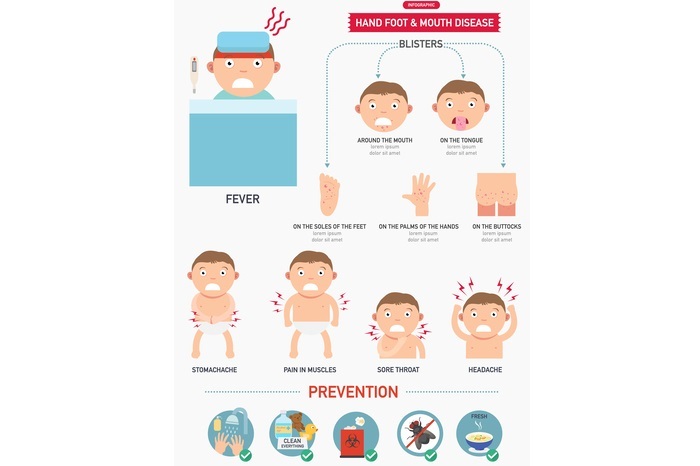
 Data Structure
Data Structure Networking
Networking RDBMS
RDBMS Operating System
Operating System Java
Java MS Excel
MS Excel iOS
iOS HTML
HTML CSS
CSS Android
Android Python
Python C Programming
C Programming C++
C++ C#
C# MongoDB
MongoDB MySQL
MySQL Javascript
Javascript PHP
PHP
- Selected Reading
- UPSC IAS Exams Notes
- Developer's Best Practices
- Questions and Answers
- Effective Resume Writing
- HR Interview Questions
- Computer Glossary
- Who is Who
How we keep ourselves safe from viruses
Problem Statement
How we keep ourselves safe from virusesSolution
Introduction
Viruses are tiny, infectious agents that can cause a range of illnesses, from the common cold to more severe diseases like COVID-19. With the emergence of new viruses, it is essential to take preventive measures to keep ourselves safe from them. In this tutorial, we will discuss some of the measures that we can take to prevent viral infections and keep ourselves healthy.
Viruses
Viruses are microscopic, infectious agents that are too small to be seen by the naked eye. They can cause a variety of illnesses by infecting human, animal, and plant cells. Viruses can spread from person to person through direct or indirect contact, such as through the air, through surfaces that come in contact, or through bodily fluids.

Diseases Caused by Viruses
Some of the diseases caused by viruses include the common cold, influenza, chickenpox, measles, HIV/AIDS, hepatitis, and COVID-19. These diseases can have a range of symptoms, from mild to severe, and can affect people of all ages and backgrounds.
Causes
Disease causing viruses may spread rapidly. This may happen through either of the following ways ?
Direct Contact
Any person who comes in direct contact with a pathogen or a person carrying the pathogen will contract the disease. In this case, the person who most likely get affected are the immediate family members and the one who is taking care of the patients.

Contact with Bodily Fluids Containing Pathogens
Body fluids, such as saliva, semen, and vaginal fluid, can contain viruses that can be passed on to other people. Diseases like HIV spread like this.
Inhaling Pathogen-Containing Droplets
If an infected person coughs or sneezes, the pathogen from the droplets spread and can be inhaled by a person standing close to them.
Measures That Can Be Taken to Keep Ourselves Safe From Viruses
The outbreak of viruses has become a major concern for human beings all over the world. These viruses can cause various illnesses, ranging from the common cold to more severe diseases like COVID-19.
The best way to avoid getting sick is to prevent the viruses from entering our bodies. In this tutorial, we will discuss some of the measures that we can take to keep ourselves safe from viruses.
Wash Your Hands Frequently
One of the most important ways to protect yourself from viruses is to wash your hands frequently with soap and water for at least 20 seconds. This helps to remove any germs that may be present on your hands. Make sure to wash your hands before and after eating, after using the toilet, after blowing your nose, coughing, or sneezing.
Avoid Close Contact
Viruses are easily transmitted from one person to another through close contact. Try to avoid close contact with people who are sick. If you are sick, stay home to prevent spreading the virus to others.
Wear A Mask
Wearing a mask is an effective way to prevent the spread of viruses. It is especially important to wear a mask in public places, where you may come into contact with many people. Make sure to wear a mask that covers your mouth and nose.
Clean and Disinfect Frequently Touched Objects and Surfaces
Viruses can survive on surfaces for several hours or even days. It is important to clean and disinfect frequently touched objects and surfaces such as doorknobs, light switches, keyboards, and phones. Use a disinfectant spray or wipes to clean these surfaces.

Practice Respiratory Hygiene
Respiratory hygiene is an important measure to prevent the spread of viruses. Cover your mouth and nose with a tissue when you cough or sneeze. If you don't have a tissue, cough or sneeze into your elbow. Make sure to dispose of used tissues immediately.
Stay Home When You Are Sick
If you are sick, stay home to prevent spreading the virus to others. This is especially important if you have a fever, cough, or other symptoms that may indicate that you have a viral infection.
Get Vaccinated
Vaccines are a powerful tool to prevent viral infections. Get vaccinated for the flu and other viruses that have vaccines available. This will help to protect you from getting sick and also prevent the spread of the virus to others.
Eat A Healthy Diet
A healthy diet can help to boost your immune system, which is important for fighting off viruses. Eat plenty of fruits and vegetables, lean protein, and whole grains. Avoid processed foods, sugary drinks, and junk food.
Exercise Regularly
Regular exercise is another way to boost your immune system and protect yourself from viruses. Exercise helps to improve your overall health and can help to reduce stress, which is important for maintaining a healthy immune system.
Stay Hydrated
Drinking plenty of water is important for maintaining good health and can help to flush out toxins from your body. It is important to drink at least 8-10 glasses of water a day to stay hydrated.
Conclusion
In conclusion, viruses can cause a range of illnesses, from the common cold to more severe diseases like COVID-19. Keeping ourselves safe from viruses requires a combination of measures such as washing our hands frequently, avoiding close contact with people who are sick, wearing a mask, cleaning and disinfecting frequently touched objects, etc. By following these measures, we can protect ourselves from viruses and stay healthy.
FAQs
Q1. What are the most common ways that viruses spread?
Ans. Viruses can spread through direct contact with infected individuals, as well as indirect contact through surfaces or objects contaminated with the virus. They can also spread through respiratory droplets when an infected person coughs or sneezes.
Q2. How effective are masks in preventing the spread of viruses?
Ans. Masks can be effective in preventing the spread of viruses, especially when worn correctly and combined with other preventive measures such as handwashing and social distancing. They can help to reduce the transmission of respiratory droplets that can carry the virus.
Q3. Can viruses be transmitted through food?
Ans. There is no evidence to suggest that viruses can be transmitted through food. However, it is important to practice good hygiene when handling and preparing food to prevent the spread of other types of germs and bacteria.
Q4. How long can viruses survive on surfaces?
Ans. The survival time of viruses on surfaces can vary depending on factors such as the type of surface, the temperature, and humidity. Some viruses can survive for hours or even days on surfaces.
Q5. Are vaccines effective in preventing viral infections?
Ans. Vaccines can be effective in preventing viral infections by stimulating the body's immune system to produce antibodies against the virus. However, no vaccine is 100% effective, and it is still important to practice other preventive measures such as handwashing and social distancing.

